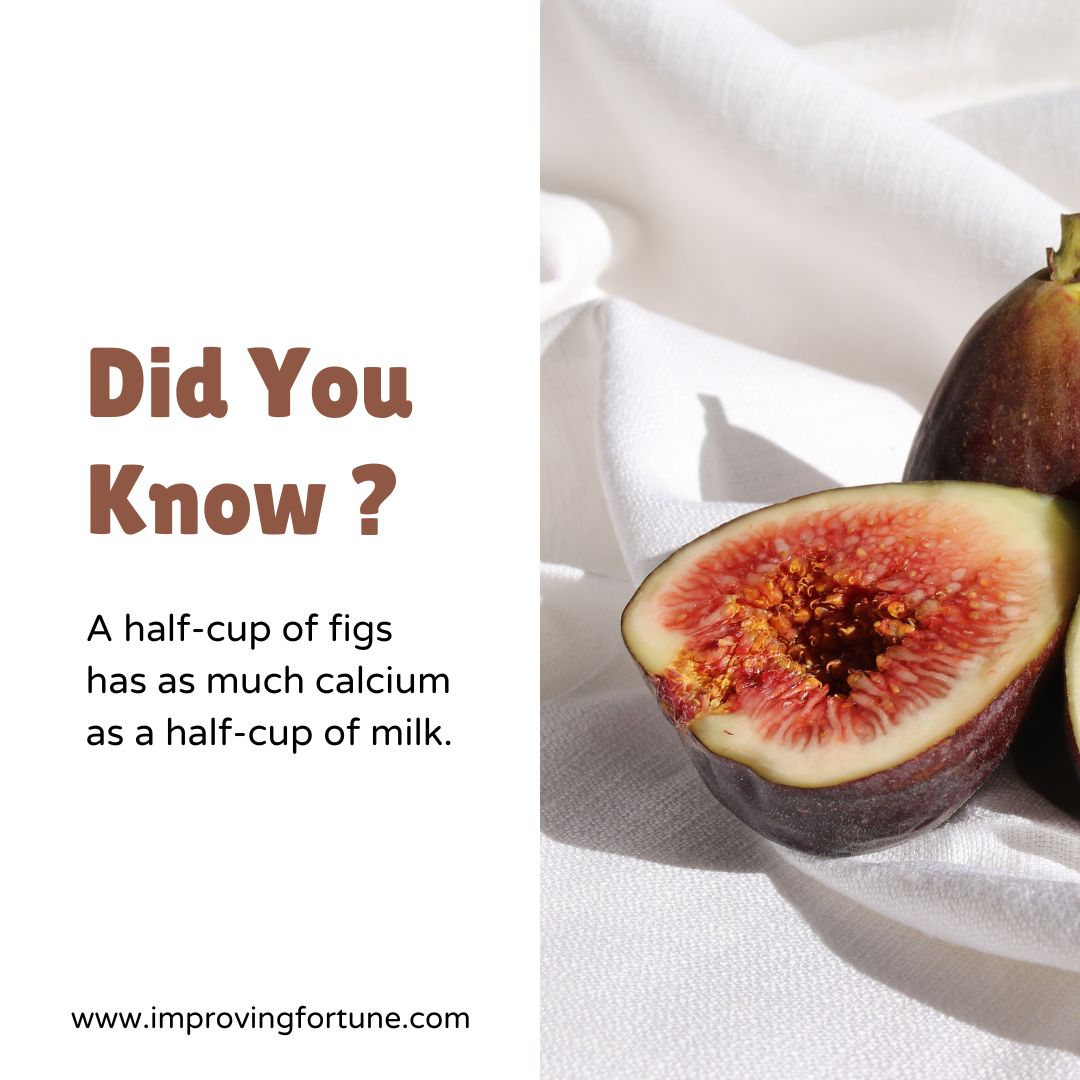Fun Facts About Figs and it’s Health Benefits
Figs have been enjoyed for centuries in various cultures around the world. They are not only a tasty and versatile fruit, but also have a range of health benefits that make them a popular choice among health-conscious individuals. In this blog post, we will explore some interesting facts about figs and delve into the science behind their potential health benefits. So, sit back, relax, and get ready to learn about the fascinating world of figs!
Figs are a delicious and nutritious fruit that are enjoyed all over the world. Did you know that figs are not actually a fruit, but rather an inverted flower? They are also one of the oldest fruits, with evidence of fig cultivation dating back to 5000 BC. Figs are packed with health benefits, as they are high in fiber, potassium, and antioxidants. They are also a great source of calcium, making them a perfect addition to a plant-based diet. Additionally, figs have been shown to aid in digestion and promote healthy skin. So next time you’re looking for a sweet and healthy snack, reach for some fresh figs!
Figs are a fruit that have been enjoyed for centuries for their delicious taste and numerous health benefits. These sweet and chewy fruits are a great source of fiber, vitamins, and minerals, and can be used in a variety of dishes from sweet to savory. In this article, we will explore some fun facts about figs and their health benefits.
1. Figs are one of the earliest fruits to be cultivated by humans.
Figs have been cultivated for thousands of years, with evidence of fig cultivation dating back to ancient Egypt and Mesopotamia. They were highly prized for their sweet taste and were even given as offerings to the gods.
2. Figs are a good source of fibre.
One medium-sized fig contains approximately 1.5 grams of fibre, which is about 6% of the daily recommended intake. Fibre is important for maintaining digestive health and can help prevent constipation and other digestive problems.
3. Figs are high in vitamins and minerals.
Figs are a good source of vitamins and minerals, including vitamin K, potassium, calcium, and magnesium. These nutrients are important for maintaining bone health, regulating blood pressure, and keeping the heart healthy.
4. Dried figs are a great snack.
Dried figs are a great snack that can be enjoyed on their own or used in a variety of recipes. They are a good source of energy and can help keep you feeling full and satisfied between meals.
5. Figs are a great ingredient in sweet and savoury dishes.
Figs can be used in a variety of sweet and savoury dishes, from salads to desserts. They pair well with cheese, nuts, and other fruits, and can add a unique flavour and texture to any dish.
6. Figs may help reduce inflammation.
Figs contain compounds called flavonoids, which have been shown to have anti-inflammatory properties. This means that eating figs may help reduce inflammation in the body and may help prevent chronic diseases such as heart disease and cancer.
7. Figs may help regulate blood sugar levels.
Figs have a low glycemic index, which means that they are digested slowly and do not cause a rapid spike in blood sugar levels. This makes them a great snack for people with diabetes or anyone looking to maintain healthy blood sugar levels.
CONCLUSION
In conclusion, figs are a delicious and nutritious fruit that can be enjoyed in a variety of ways. Whether eaten fresh or dried, they are a great source of fibre, vitamins, and minerals, and may even have some health benefits. So next time you’re looking for a tasty and healthy snack, reach for a fig!






